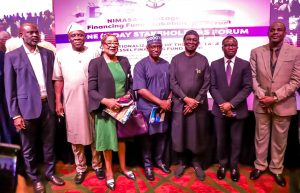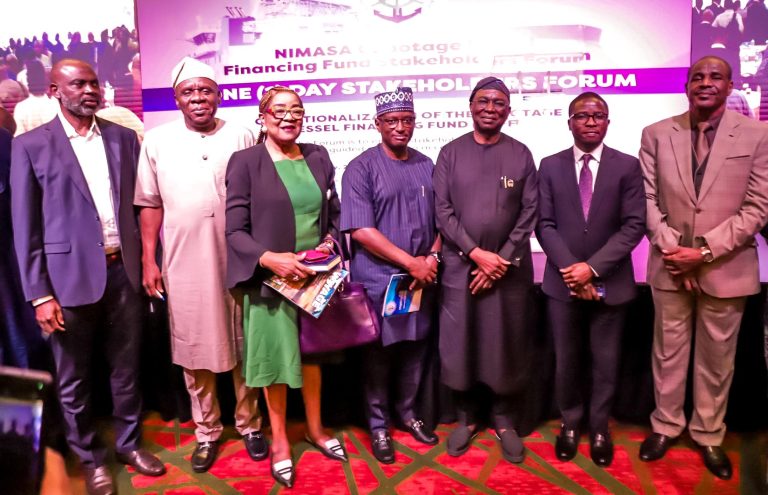Nigeria, compared to South Africa and Ghana is yet to get optimal benefits from the African Growth and Opportunity Act (AGOA).
The U.S. Government established AGOA in 2000 to provide duty and quota-free markets for goods from sub-Saharan African countries imported into the U.S.
It provides duty-free and quota-free access to over 6,400 products from sub-Saharan Africa to the U.S. market.
Dr Ezra Yakusak, the Chief Executive Director Officer of the Export Promotion Council (NEPC), made this known on Thursday during a capacity building workshop on AGOA in Akure.
Yakusak, represented by Mr Fred Macpherson-Iloegben, Head of NEPC in the state, noted that due to lack of understanding of the scheme; “It is said that in 20 years of enactment of AGOA, made-in-Nigeria products are yet to be visibly seen in major malls in the U.S. apart from African stores’’.
He attributed the failure to low awareness of the AGOA, lack of knowledge on the quality and standard regulatory requirements under AGOA and lack of documentation and procedures for export.
Yakusak said the NEPC is embarking on the workshop so that Nigerian businessmen and women can take advantage with less than four years to end.
“There is a serious need for the council to create more awareness about the existence of the act to enable Nigerian exporters leverage on the opportunity presented by the AGOA in making an in-road into the American market.
”This is because there is a huge potential in the US market,’ ’he said.
The CEO urged participants to actively take advantage of to increase in the export of made-in-Nigeria products to the U.S. market with a view to increase forex inflow into Nigeria.
In his remarks, Macpherson-Iloegben, represented by Mr Adeyinka Obaniyi, the Senior Trade Promotion Officer in Akure, said that exporters and potential ones would be well equipped with a better understanding of trade in the US market.
Macpherson-Iloegben noted that the programme would increase market share for Nigerian non-oil products.
“An increase in the market share for our non-oil products in the U.S. market will no doubt significantly develop the non-oil export value chain in Ondo State specifically and in Nigeria generally.
“I will, therefore, implore you to take advantage of this programme in order to effectively leverage on the AGOA platform to expand Nigeria export both in volume and value in the US market,” he urged.
The workshop is titled: “Leveraging on AGOA to Boost Nigeria Export to the US Market.”
Newsmen report that AGOA has served as the cornerstone of the U.S.-Africa commercial relationship for more than two decades but it is set to expire on Sept. 30, 2025.
Countries’ inclusion has fluctuated with changes in the local political environment.
In December 2009, for example, Guinea, Madagascar, and Niger were all removed from the list of eligible countries; by October 2011, though, eligibility was restored to Guinea and Niger, and by June 2014, to Madagascar as well.
Notice was given that Burundi would lose its AGOA eligibility status as of Jan. 1, 2016.
In August 2017, Togo was recognized as an eligible country.
Having AGOA eligibility does not imply automatic eligibility for a “Wearing Apparel” provision.
To export apparel and certain textile to the United States under the AGOA duty-free, an eligible country must have implemented a “Visa System” that satisfies American authorities and proves compliance with the AGOA Rules of Origin.
On Jan. 1, 2022, the U>S. removed Ethiopia, Mali and Guinea from the AGOA programme over alleged human rights violations and recent coups.


















